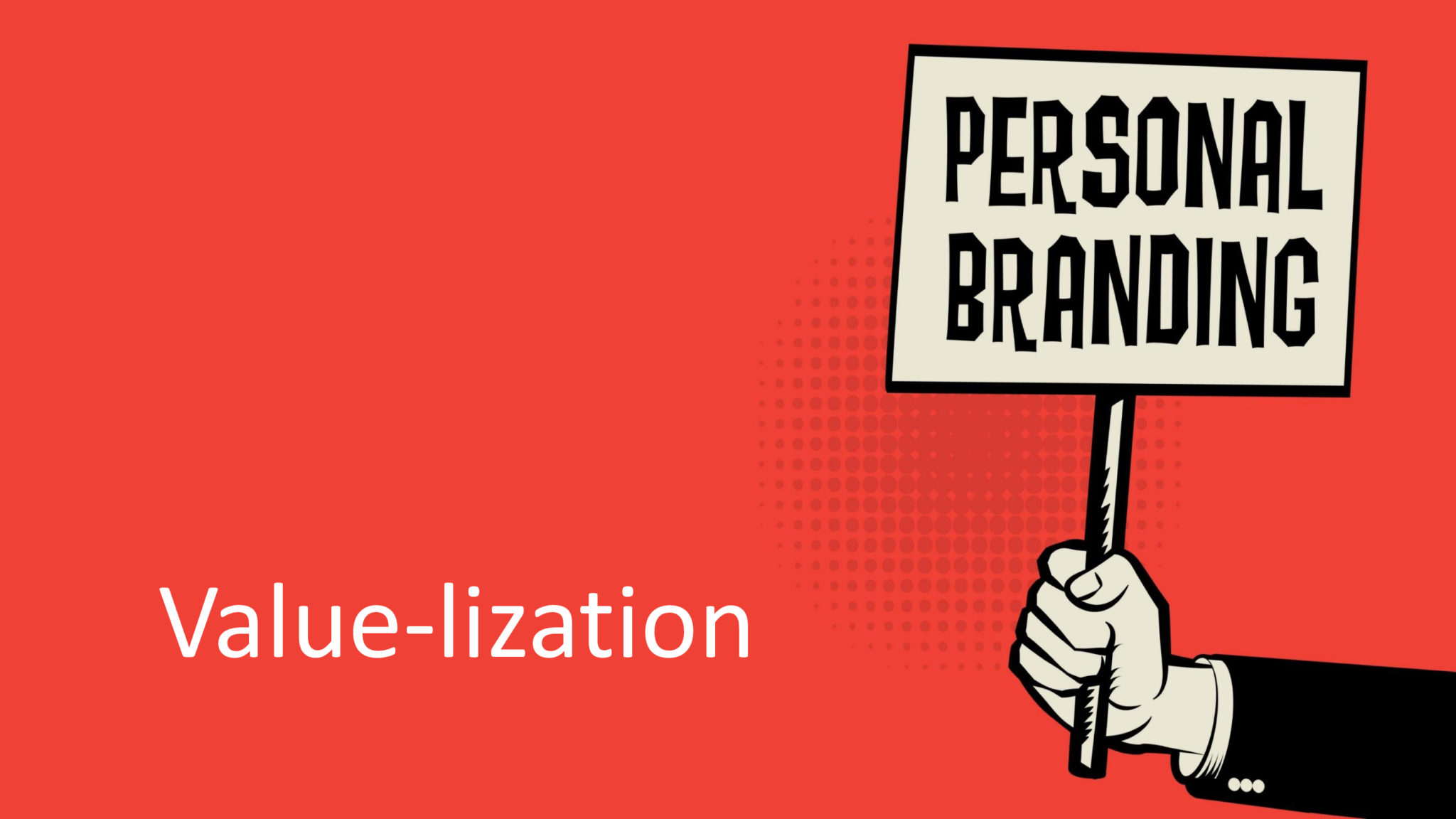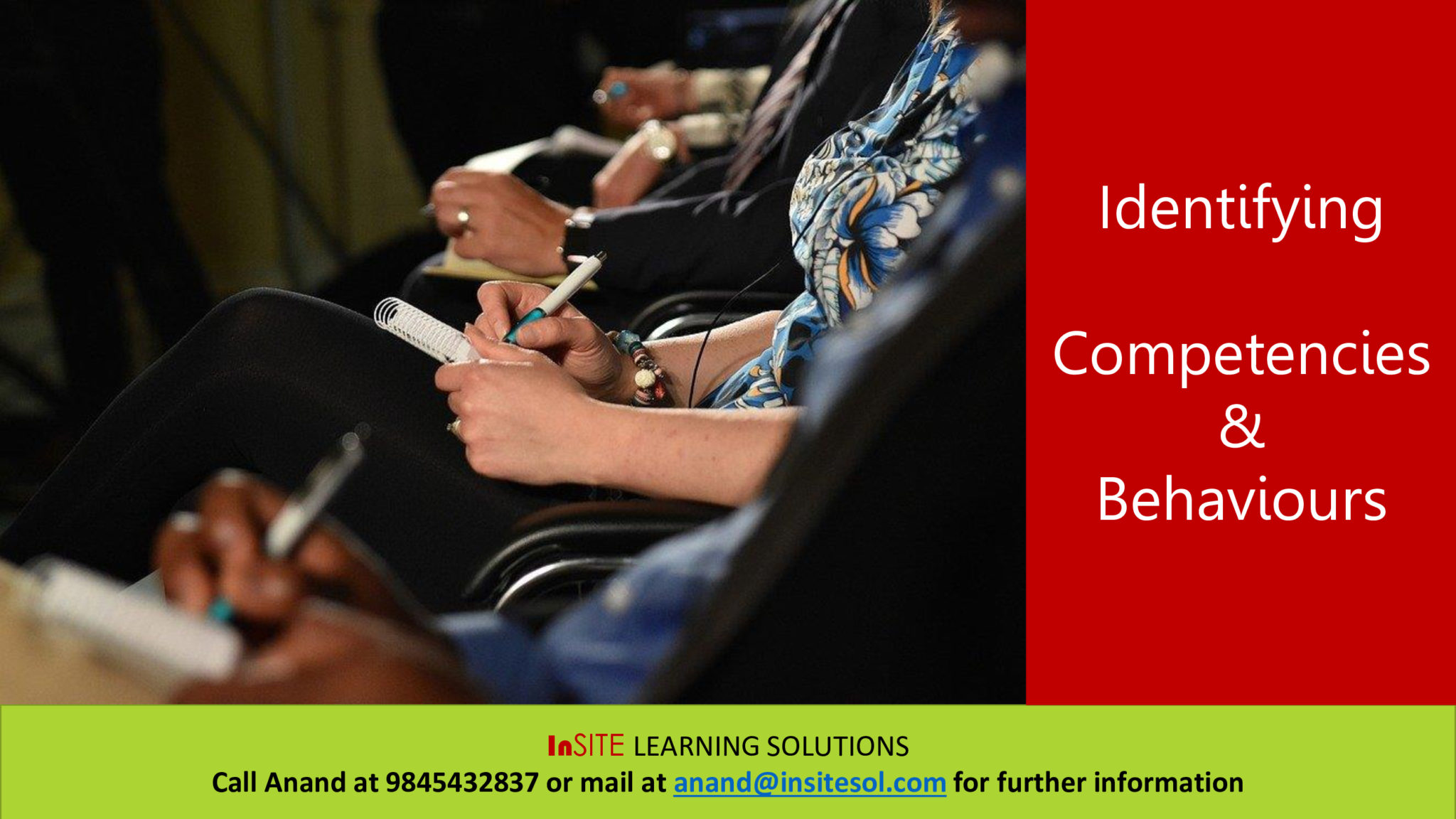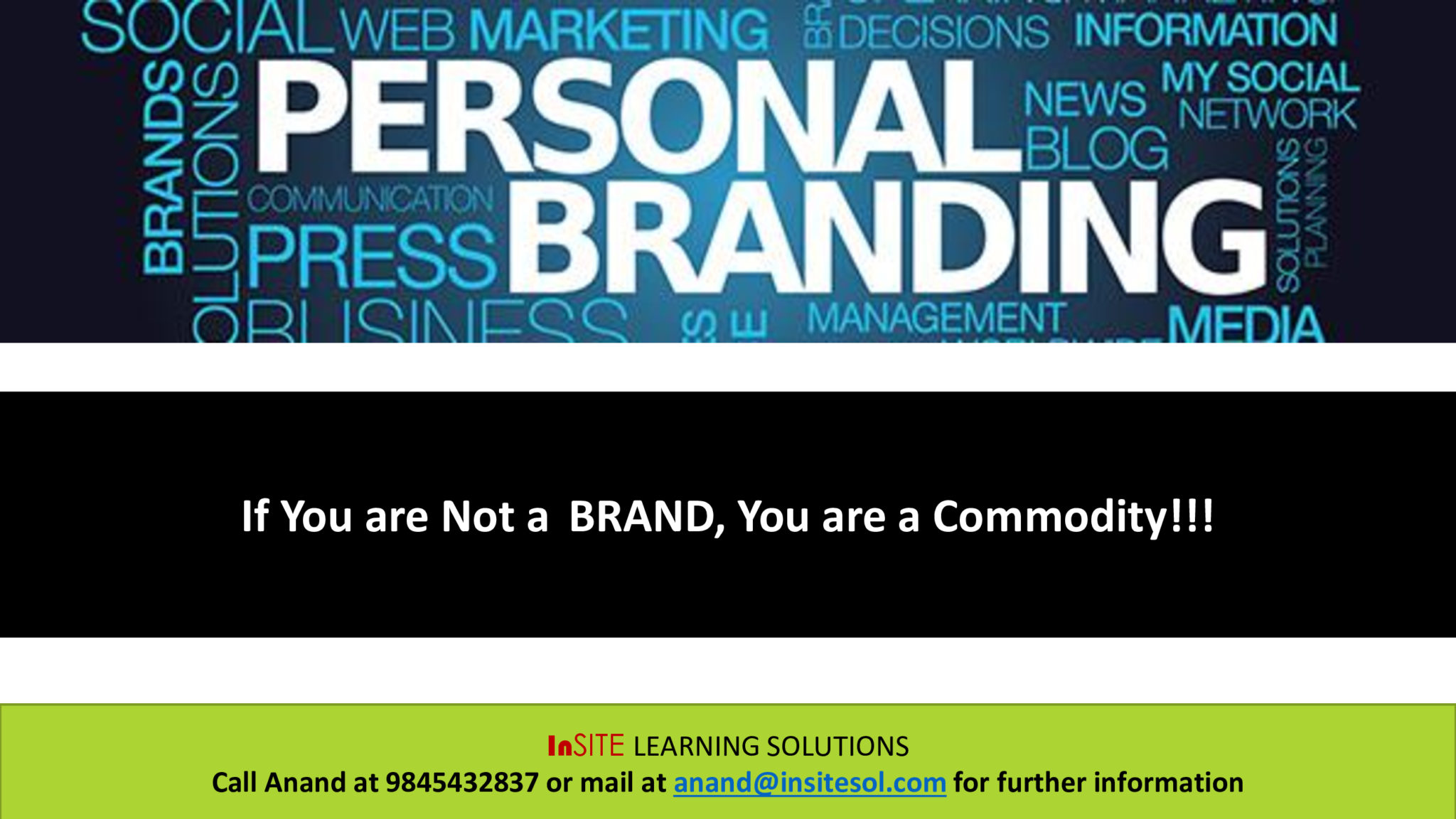What is Personal Branding?
Your Personal Branding is a Combination of Your:
- Strengths
- Passions
- Talents, Gifts &
- Established Purpose of Life
The above is what I concluded a discussion regards Personal Branding in a previous blog. Soft skills Training Companies have assumed the importance of Personal Branding at large. Leadership Training Programs currently address a variety of aspects like Emotional Intelligence, Situational Leadership, Conflict Management, Influencing Skills so on. Personal Branding would be great, to be added into this gamut for people in managerial positions, as well as individual contributors to benefit from it.
However, I am concerned regards the approach some of them are taking to highlights its importance among working people. The essence of Personal Branding, is diluted in its understanding sometimes. One approach I disagree with is reducing Personal Branding primarily to one’s presence of visibility in social media. Another approach that’s quite shocking is misinterpreting it for ‘Image Consulting’. In my suggestion, trainers must not do this mistake. One’s Branding concerns with what light are you seen by your co-workers or business associates? Are you aware of, whether you are generally remembered by people known to you in positive or negative ways?
Authentically, Personal Branding can be approached in 2 ways:
- Personal Impact
- Personal Value-Lization
Personal Impact:
Impact concerns with developing one’s ability to generate a great First Impression, Improved Communication, Presenting Skills, Grooming & Attire, Improving Visibility etc.,
Personal Value-Lization:
Value-Lization concerns with whether you are looked upon by your associates, co-workers as someone who adds value to them and the organization. An individual who is recognized as a value
adder can’t be ignored easily. Both Impact and Value-Lization are achieved only through sincere, earnest hard work and authentic behaviour. Real-time Branding takes time & proper training. However, it’s worth it.
What are the benefits of Personal Branding?
This is simple to answer. If you have great Branding, you are taken ‘Seriously’ by people. You will be: - Respected
- Looked Upon
- Listened to
- Acknowledged Constantly
- Considered Important
- Considered a Role Model
- Followed
- A great Influencer
- Experiencing a sense of fulfilment
- Experiencing a sense of satisfaction
In your career and outside too. From experience, even though I don’t like saying this, I have to admit, Personal Branding Training is not for everyone. It is very important for those who are willing to: - Compromise affirming Success for Adding Value
- Compromise Security for Significance
- Compromise Immediate Victory for Long Term Sustainability
Your Personal Branding is what people say about you behind your back. I am aware, an immediate response to this by some people will be, “I really don’t care”. I can understand that. But, we got to care about what some people say about us, if we have to remain in our jobs and business. For example, I will not be in the training business, if I didn’t care about what my clients said about me. There’s the beginning to understand the importance of Branding………….
As Gandhi said when he was asked by an American journalist, what his message was to the world, “My Life Is My Message”. Think he took is Branding quite seriously!!!!



